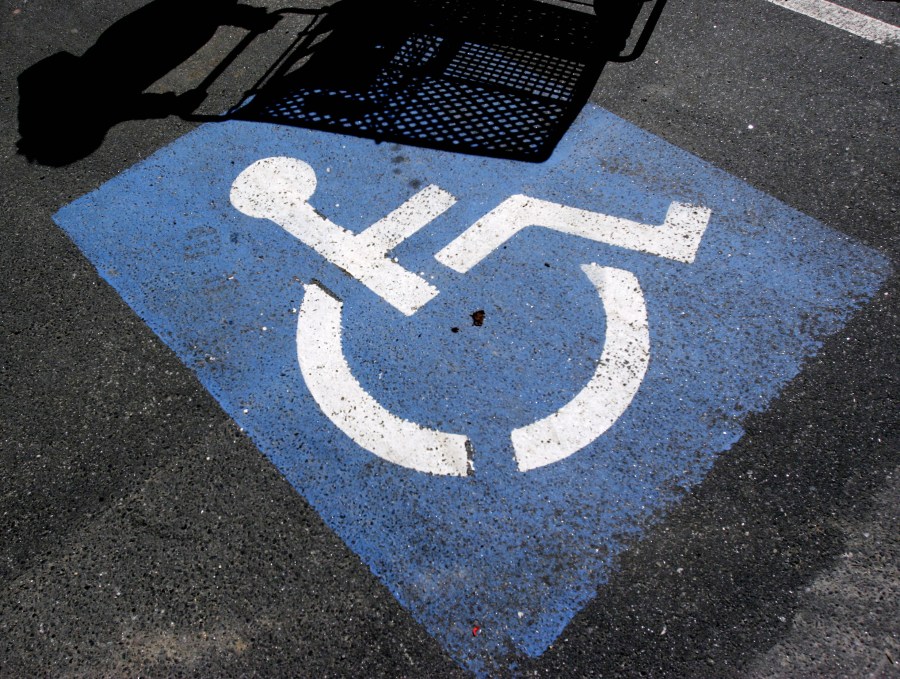COLUMBUS, Ohio (WCMH) – Ohio lawmakers have introduced a bill that would allow pregnant women to use accessible parking spaces.
Reps. Heidi Workman (R-Rootstown) and Adam Mathews (R-Lebanon) introduced House Bill 450 on Sept. 15. Under the proposal, pregnant women could apply for a removable windshield placard, permitting them to use accessible parking.
The placard would be valid for one year, and women could apply for it at any point in their pregnancy. The permit would not be renewable, but women could obtain another for a subsequent pregnancy.
“This is a commonsense way to take care of pregnant mothers, and it makes it easier for mothers trying to maneuver daily life with a newborn,” Mathews said.
To obtain the decal, pregnant women would have to submit an application to the Ohio Bureau of Motor Vehicles, including confirmation that they are pregnant from a healthcare provider and their due date. The legislation tasks the BMV with determining the size, form, material and color of the decal, which would cost $8.
The BMV offers three types of removable windshield placards to residents who have a disability that limits their mobility. These permits include a standard placard that expires after 10 years, priced at $5, a temporary placard that expires within six months ($5) and a permanent placard with no expiration date ($15). Residents must also apply for these placards and provide proof of their condition from a medical provider.
“Currently, temporary handicap tags are only available for up to six months – and only in cases of complicated pregnancies,” Mathews said. “This bill would extend the option to women experiencing normal, healthy pregnancies for a full year.”
Florida and Illinois have enacted laws similar to Ohio’s proposal. The Sunshine State allows expectant mothers to obtain an accessible parking placard that is valid for one year. In Illinois, women in their third trimester can obtain an accessible parking decal that is valid for no more than 90 days.
While pregnancy itself is generally not considered to be a disability, expectant mothers may experience a variety of unpleasant symptoms, including back pain, morning sickness, swollen feet and fatigue.
HB 450 was assigned to the Children and Human Services, where it awaits its first hearing.










